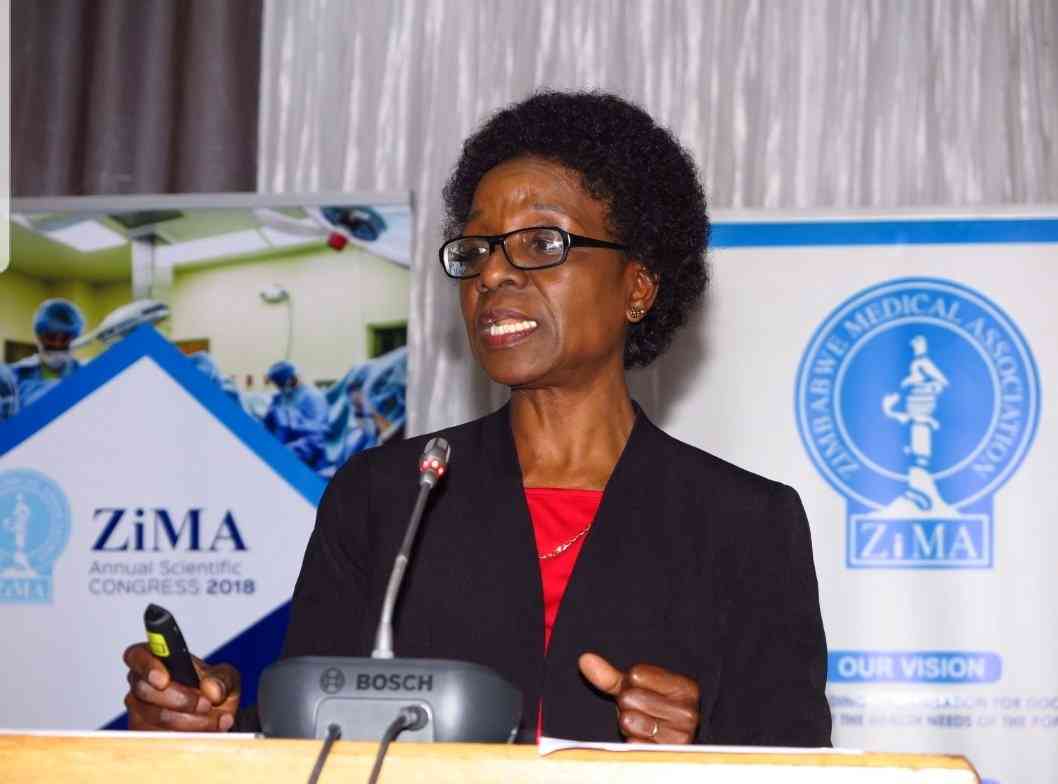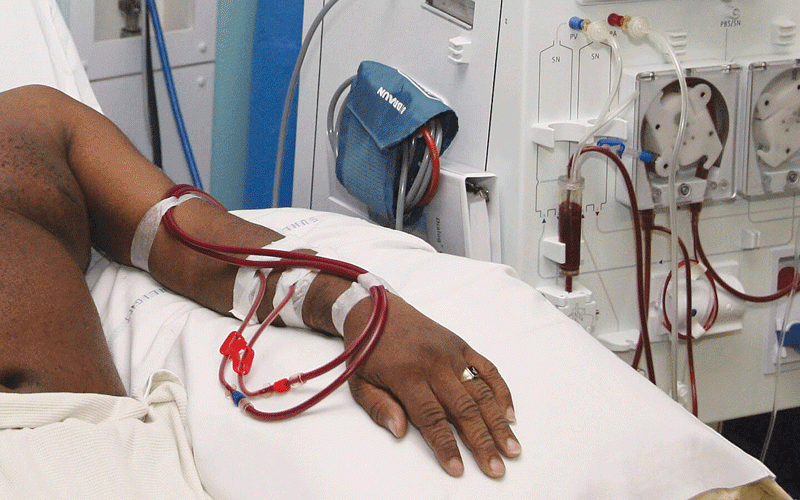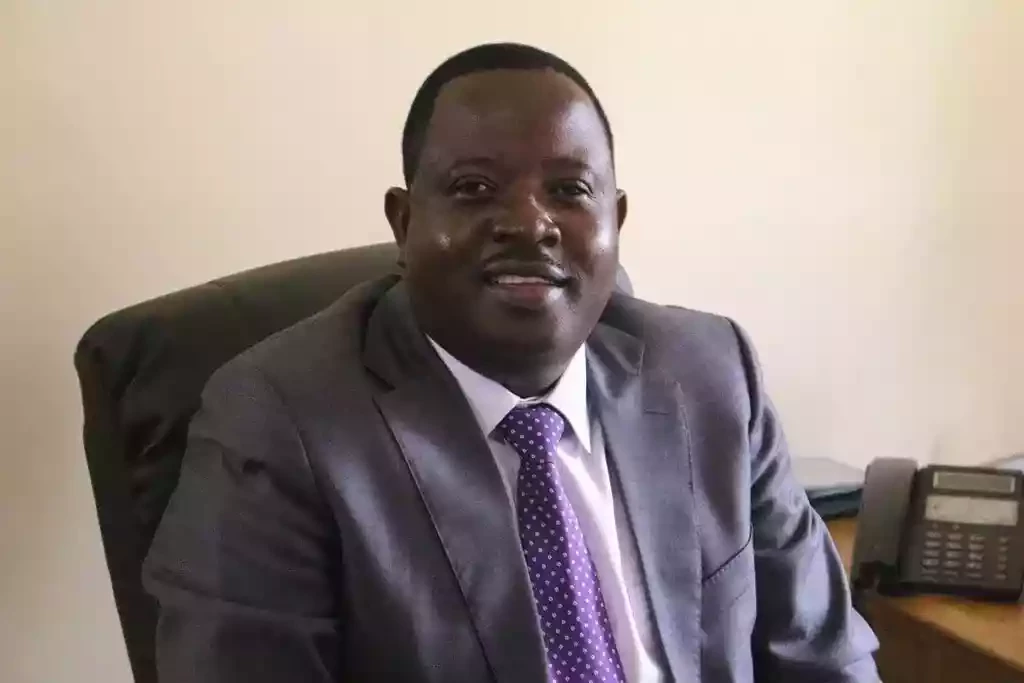
In March 2020 the country recorded its first COVID-19 case. A lot has happened since then and the respiratory pandemic seemed to subside in 2022, resulting in government removing restrictions such as wearing of masks in public spaces.
However, last month, the World Health Organisation (WHO) warned that COVID-19 is still a global threat, hence the need to exercise caution.
NewsDay reporter Vanessa Gonye (ND) speaks to the COVID-19 chief coordinator in the President’s Office, Agnes Mahomva (AM) on whether or not the country is at risk of another variant outbreak.
ND: Overall, how do you view the country’s stance on COVID-19 since it’s onset in 2020 to date?
AM: The country’s “whole of government and whole of society” approach to responding to the pandemic contributed to the many achievements recorded so far.
This collaborative approach worked very well because there was strong leadership and commitment from the His Excellency President Emmerson Mnangagwa, the highest office of the land.
All sectors and stakeholders rural and urban as well as private and public were, therefore, able to come together to support and collaborate with government. COVID-19 was an opportunity to strengthen and address health systems.
Remaining gaps and challenges are being addressed through the same collaborative approach.
- Young entrepreneur dreams big
- Chibuku NeShamwari holds onto ethos of culture
- Health talk: Be wary of measles, its a deadly disease
- Teachers, other civil servants face off
Keep Reading
ND: During its peak period in 2020, as the chief co-ordinator of the COVID-19 task force, what were your most outstanding experiences?
AM: My focus was to get all sectors and stakeholders to work together and to ensure that all the public health and social measures the nation implemented at all levels were science driven (evidence-based) and were well communicated to the population.
There was never a thought of giving up.
ND: Basing on what was perceived would happen in Africa, where Western countries anticipated a worse situation on the continent, what can you say about what actually happened?
AM: Africa was better prepared to handle the COVID-19 pandemic partly because it has vast experience in managing outbreaks and pandemics such as HIV and TB, for example.
Africa also had (and still has) a very young population compared to most Western countries.
Young people have a lower risk of suffering from severe impacts of COVID-19.
This is one of the reasons why the elderly and those with underlying medical conditions were prioritised for vaccination.
ND: There have been “fresh” incidence of COVID-19 outbreaks and fears are this may get out of control, what can you say on that?
AM: The country recently experienced a small spike in new cases during the past few weeks associated with the just ended festive season.
This is not unusual. Communities are encouraged to remain vigilant, get vaccinated and continue to observe all recommended COVID-19 prevention measures, including wearing of face masks indoors and in crowded places.
ND: The country, in February 2021 introduced the COVID-19 vaccination programme, how has it been over the past two years?
AM: The vaccination programme is going on reasonably well compared to other countries in the region. Over 58% of those eligible have received their first dose.
However, strengthening of vaccination activities is taking place in all provinces as the country continues to aim for higher vaccination coverages in order to maximally protect the population.
ND: Can you say vaccination played (or is playing) a role in reducing the impact of COVID-19 in the country?
AM: Vaccination has contributed to the reduction of severe impact of COVID-19 such as death.
Less and less people are dying from COVID-19 these days compared to the early stages of the pandemic when a few people had been vaccinated.
ND: Given the various interventions on the pandemic, what can you predict for the next three years?
AM: COVID-19 is here to stay as a manageable disease like most other infectious diseases.
The country needs to, therefore, embrace the new normal, but remain vigilant by ensuring that best practices learnt during this pandemic are institutionalised.
ND: In terms of funding, can you say there are adequate funds to manage any serious outbreaks of COVID-19 at any given time?
AM: There are never enough funds to manage outbreaks and pandemics locally or globally.
The key is to always collaborate and work with all sectors and stakeholders including the communities served. No one entity can do it alone. Not even government.
ND: Is the COVID-19 low risk perception not worrying?
AM: Low risk perception is always of concern because it fuels complacency.
This is why during this pandemic government, working with all sectors and stakeholders, prioritised risk communication and community engagement.
ND: Prior to being COVID-19 chief co-ordinator in the President’s Office, you headed the Prevention of Mother to Child Transmission (PMTCT) of HIV under the Elizabeth Glasser Paediatric AIDS Foundation, please shed more light on the PMTCT programme
AM: PMTCT is a critical programme in the fight against the HIV pandemic.
Zimbabwe continues to do well in this area guided by very clear and the WHO informed national strategies and targets aimed to eliminate mother to child transmission of HIV for good.











